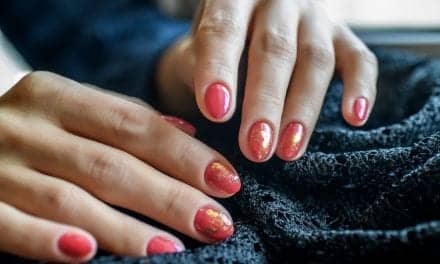Sentient, LLC, has introduced the skin-resurfacing technology Sentient Tixel in the U.S. Utilizing thermal-mechanical action technology, Sentient Tixel helps create a smoother and more even-toned appearance without the discomfort or social downtime associated with traditional treatments, according to company officials.
Moreover, Sentient Tixel combines heat with the forward motion of a medical-grade titanium tip, providing a comfortable and noninvasive treatment experience. Tixel’s proprietary technology has been proven on a global scale since 2011 and is now exclusively available in the United States through Sentient.
The FDA has cleared Sentient Tixel for the treatment of all skin types. The technology transfers thermal energy to the skin rapidly and safely, allowing for minimal pain and social downtime compared to laser, microneedling, and radiofrequency treatments. Patients can apply makeup the day after treatment, further reducing any inconvenience.
According to a recent report, the energy-based aesthetic devices market is projected to reach $9.07 billion by 2027, with a compound annual growth rate of 10.8%. In addition, a study by The Aesthetic Society found a substantial increase in skin resurfacing treatment revenues in the United States, rising 43%from $138.96 million in 2020 to $198.2 million in 2021.
Sentient’s CEO, Chris Cella, comments on the significance of Tixel in meeting the growing demand for skin resurfacing treatments. “Tixel drastically improves practices’ abilities to meet this rising demand for skin resurfacing treatments that offer effective results with minimal downtime,” said Cella. “By making this cutting-edge technology available in the U.S. – along with world-class service to support it—we continue in our goal to not just sell equipment but to develop collaborative relationships with our clients that enhance their practices’ efficiency, profitability, and ability to help the widest variety of patients possible.”
In a recent study published in Dermatologic Surgery, the journal of the American Society for Dermatologic Surgery, researchers evaluated the safety and tolerability advantages of the Tixel device. Study researchers demonstrated that Tixel’s thermomechanical fractional injury was safe and effective for the treatment of periorbital rhytids. At the three-month follow-up, 93.8% of patients reported satisfaction with their treatment, with 50% being very satisfied. Patients rated their pain levels as 2 to 3 out of 10, and there were no adverse events. Patients were able to resume normal social activity and work within a day.
“The results of this study were notable for the safety and tolerability advantages that Tixel offers,” says Cella. “The scientific evidence reported by respected physicians from the Laser & Skin Surgery Center of New York and The Ronald O. Perelman Department of Dermatology at New York University Langone Health in New York City demonstrates that Tixel is impressive on age-related changes in the lower face.”




